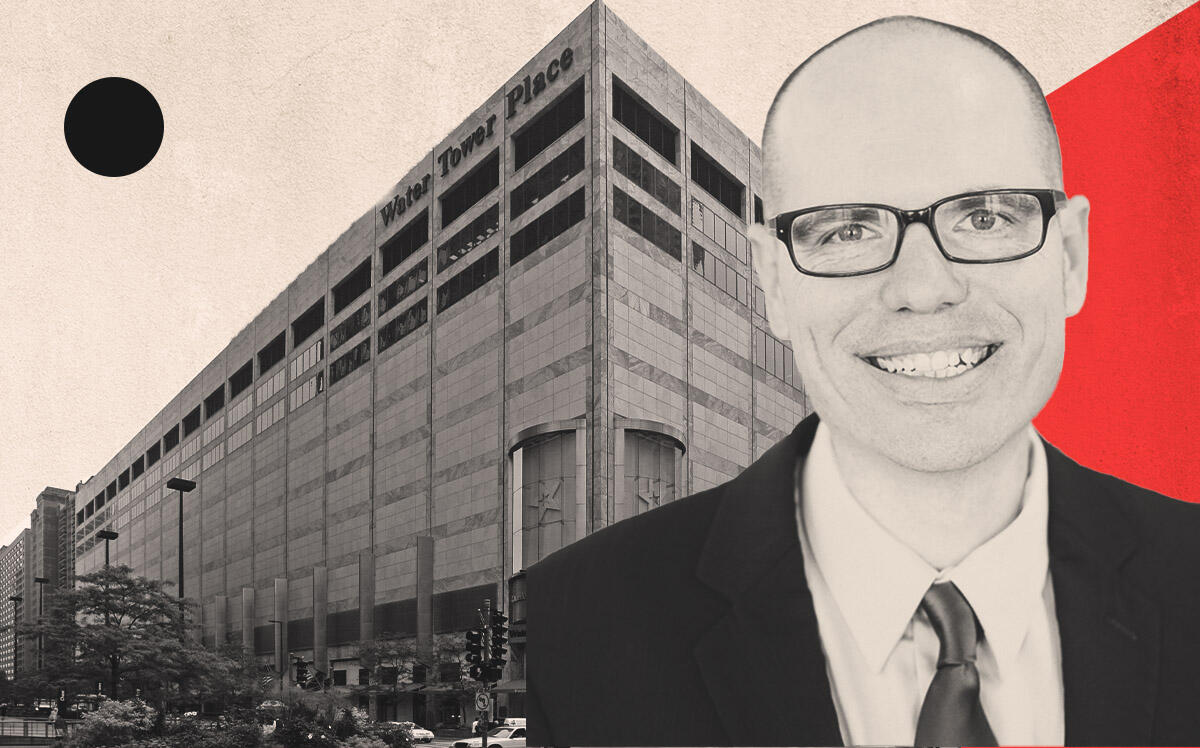The top five floors of Chicago’s Water Tower Place are up for grabs as the seller explores conversion ideas for the iconic retail property after snagging the asset through financial distress.
MetLife Insurance has hired JLL brokers Meredith O’Connor and Tom Kirschbraun to market floors four through eight at 835 Michigan Avenue, which could be transformed into offices, medical space or another type of use, CoStar reported. Albeit, the space could continue to function for retail purposes, as well.
“The location is great for a healthcare use,” Savills office tenant broker Eric Feinberg, who is not involved in listing, told the outlet. “Space is at a big premium in that neck of the woods. In years past, the hospitals have gobbled up space when it’s been available.”
The sale price or rental rates for the upper floors have not been disclosed, and the formal marketing process has yet to commence, but the decision underscores the ongoing evolution of the retail landscape in the face of changing consumer preferences and challenging market conditions.
The lower three floors of Water Tower Place — which has a retail base totaling 818,000-square-feet — will continue to house shops, even as the vertical mall has struggled with a dismal 33 percent vacancy rate on the famed Magnificent Mile retail strip. The departure of Macy’s in 2021, one of the mall’s largest tenants, ignited the property’s demise.
MetLife took over the property last year after its former owner Brookfield Property Partners relinquished its keys rather than face a potential legal fight over a default on a $300 million debt package tied to the asset.
The potential changes at Water Tower Place align with broader trends in the market. With the pandemic igniting an increase in e-commerce, shopping malls throughout the Chicago area are being transformed into residences or other uses to offset this shift in the market.
Any plan to redevelop Water Tower Place’s upper floors would mark a significant departure from retail, as this mall’s opening in 1975 was a key moment in the rise of urban, vertical malls as popular shopping destinations. While the demand for traditional office space has been subdued since the onset of the pandemic, the growth of nearby hospital systems, such as Northwestern Memorial HealthCare, might offer opportunities for a revamped space, given the healthcare sector’s preference for owning office spaces.
— Quinn Donoghue
Read more



